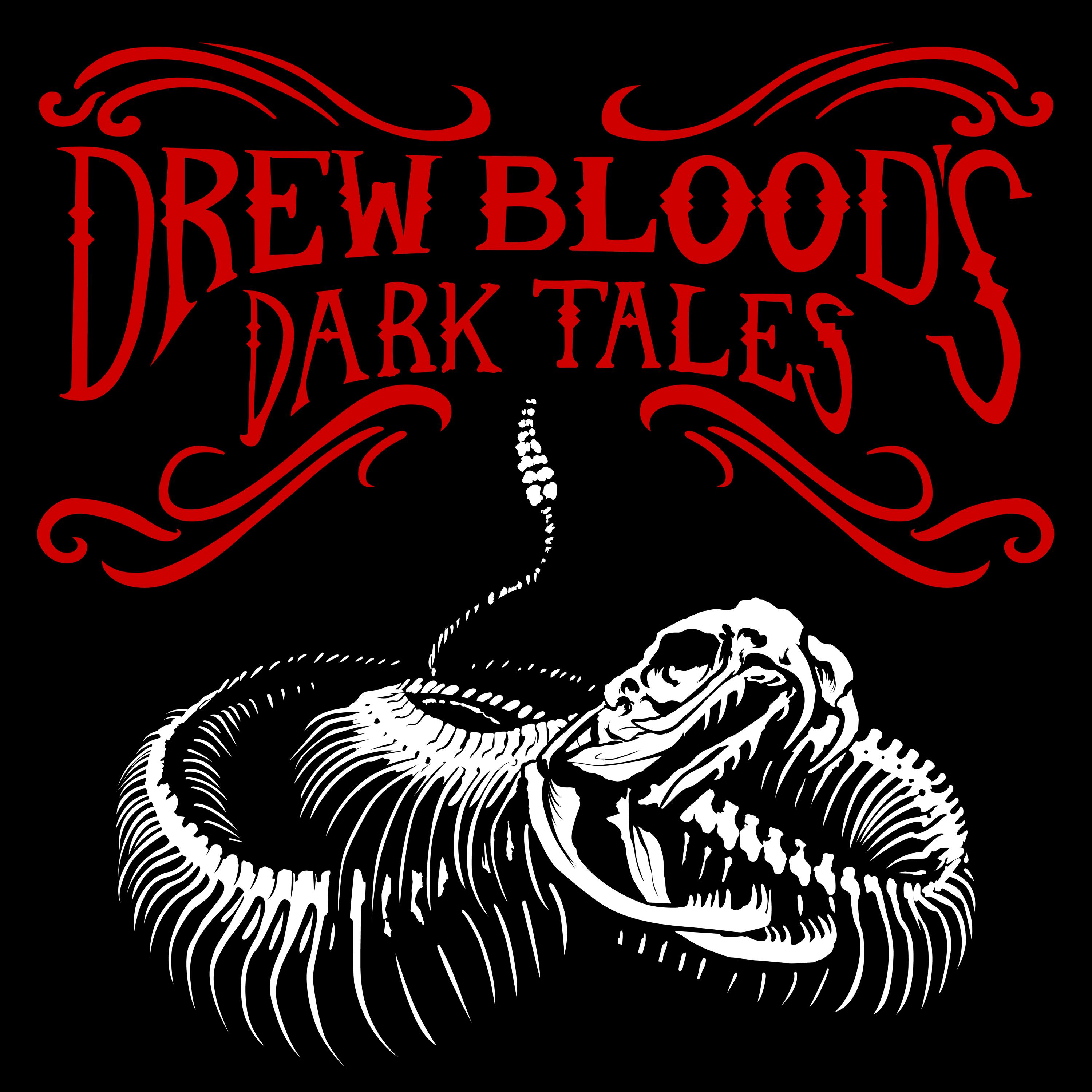
Growing Older Together | Facing Fears, Embracing Resilience
Growing Older Together is a podcast for older adults, centered on the stories, memories, and changes that shape how we see ourselves over time.
All solo episodes are under 15 minutes and explore themes like identity, fear, aging, and personal growth. Interview episodes are longer and released as part of the ongoing series.
I started this podcast because society often treats aging like the end of the story—like we no longer count. And sometimes, we start to believe it. But our stories still matter, and they deserve to be heard.
Season Two: Finding Strength in Our Fears centers on fear—how it shows up in everyday life, keeps us quiet, and what it means to speak about it.
This season also includes an interview series: What the Eyes Carry—conversations with women who share personal stories about regret, silence, and the moments that changed them.
After stepping away from the podcast in December 2024 to care for my mom, I am returning with new episodes every 2 to 3 weeks starting again in December 2025.
If you've ever felt unseen, dismissed, or feel like you no longer matter, this podcast is for you.
Let’s keep growing older and wiser together.
Growing Older Together | Facing Fears, Embracing Resilience
S2 E6 Addressing the Fear of Cognitive Decline
In this episode of Growing Older Together, Lourdes discusses the fear of cognitive decline as we age. She breaks down common misconceptions about aging and mental health, highlighting how many older adults maintain clear thinking well into their later years. Lourdes also explores how language around aging can shape our fears and shares practical ways to keep our minds active and engaged. Through personal stories and easy tips, this episode encourages listeners to embrace new experiences, stay curious, and maintain meaningful connections as we grow older.
RESOURCES MENTIONED
- Harvard Health Publishing | Protecting Against Cognitive Decline, https://www.health.harvard.edu/mind-and-mood/protecting-against-cognitive-decline#
- National Center to Reframe Aging, https://www.reframingaging.org/
- National Institute on Aging, 10 Common Misconceptions about Aging, https://www.nia.nih.gov/health/healthy-aging/10-common-misconceptions-about-aging
- National Institute on Aging, 12 Myths About Alzheimer’s Disease, https://www.nia.nih.gov/health/alzheimers-and-dementia/12-myths-about-alzheimers-disease
- My author’s website: https://www.lourdesdirden.com
CONTACT INFORMATION:
Remember to subscribe and rate the podcast on your favorite platform. You can watch all episodes on my YouTube channels, access show notes, and enjoy captioned content in English and Spanish. Here's the link: https://linktr.ee/growingoldertogether.
You can also email me at podcast@lourdesdirden.com. Thank you for listening.
[00:00:00] Music
[00:00:19] Welcome back everyone. Whether you are a returning listener or tuning in for the first time, I'm Lourdes, and this is Season Two of Growing Older Together. This season is called Silent Struggles, Finding Strength in Our Fears, and today we are going to talk about something many of us think about as we grow older:
[00:00:45] the fear of cognitive decline, which means gradually losing mental abilities like memory, focus, and problem solving as we get older. There are a [00:01:00] lot of assumptions about aging, and people often think that getting older means losing your clear thinking. But that is not true for most people. Research from the National Institute on Aging shows that while the risk of dementia increases as we get older, dementia doesn't always happen. Many people live into their nineties and beyond without experiencing serious mental decline. I will include a link in the show notes from the National Institute on Aging that clears up some of these misunderstandings and includes a list of common myths about Alzheimer's disease.
[00:01:49] The way we talk about aging can make cognitive decline seem scarier than it needs to be, so let's start by [00:02:00] changing that story. Phrases like "Are you having a senior moment," or "Huh, you're past your prime," or "Hey old-timer" might seem harmless, but they can actually be harmful. They reinforce negative stereotypes and make it seem like aging is something to be ashamed of or joked about. This kind of language can affect how we see ourselves as we get older. If you have ever heard a word or phrase related to aging that doesn't sit well with you, let me know. I'm creating a list and would love to hear what bothers you. I'll be sharing it in my show notes in a future episode. We need to start changing these habits—both in how we talk to ourselves and in how we respond when [00:03:00] others use these phrases. Aging is a natural part of life, and instead of making it the butt of jokes, we should embrace it for what it is—a stage full of learning, growing, and living.
[00:03:17] Here's a story that may resonate with you. I have a friend who went back to school in her late sixties. She had spent most of her life working in the same field and was great at her job, but she began to feel restless and wanted something more. Even though she worried about falling behind or slowing down, she signed up for the classes anyway. Going back to school wasn't just about learning new skills for her—it was about reminding herself that getting older doesn't mean you stop growing or contributing. Her [00:04:00] story is a powerful example of how, even when we're unsure about what comes next, we can still take on new experiences and enjoy life to the fullest. As for me, at 63, I'm welcoming new projects too. Last year, I launched a virtual support business, updated my websites, and am finishing writing my memoir, which will be published next year on April 4th. And speaking of new experiences, this Halloween, I'll have my first interview broadcasted—more on that later in this episode.
[00:04:43] Now, let's look at some ways to keep our minds healthy and reduce the fear of cognitive decline. Here are some simple, everyday ways to keep your mind active and healthy: One — Try New [00:05:00] Experiences, Big or Small: Our brains respond well when we challenge them with new experiences. This doesn't mean you have to take up sky diving, unless you want to. It could be as simple as learning a new recipe, trying a different type of puzzle, or exploring a hobby you've never had time for. Even small changes can keep your mind alert—and that's a great place to start.
[00:05:31] Number Two — Stay Active, Whatever That Looks Like for You: Gentle exercises like Tai chi or yoga can be wonderful for your body and mind, helping with focus and mental sharpness. But if Tai chi or yoga feels too complicated or just isn't your style, try something simpler. You can take a daily walk, dance in your living [00:06:00] room, or just stretch in the morning. Even small movements can do wonders for your mood and energy levels. Plus, staying active helps with sleep, and getting good sleep is important for keeping your brain healthy.
[00:06:18] Number Three — Stay Curious: When something interests you, look into it more. Whether it's reading, exploring a new place in your town, or talking to someone with different experiences, staying involved keeps your brain stimulated. It doesn't have to be a big project—just keep exploring the things that make you curious about life. Number Four — Relax and Recharge:
[00:06:50] When you find yourself stressed, take time to relax. Stress can make it harder to focus, so it's important to balance [00:07:00] your daily activities with moments of rest. Whether it's enjoying a cup of coffee in the morning, spending time in the garden, or simply taking a quiet moment to yourself, these small breaks can help your mind stay clear and refreshed.
[00:07:19] And Number Five — Build Meaningful Connections: Staying connected to others is so important. But it's not just about being around people—it's about spending time with those who support and understand you. Whether it's close friends, family, or people in your community, sharing stories, laughter, and experiences helps keep your mind active and engaged. These aren't just tips to keep busy; they are ways to enjoy life and stay connected to the world around you. [00:08:00] I'll include a link to helpful resources from Harvard Health Publishing on how to protect yourself from cognitive decline, as well as information from the National Center to Reframe Aging. This organization spreads awareness about the hidden biases older people face and influences policies that benefit all of us as we age.
[00:08:29] Before I wrap up, I mentioned in the last episode that I am launching something special on Halloween—something I believe will help us connect even more as a community. With all the talk about fears we face in life, I've been thinking a lot about the stories we often keep to ourselves. That is why I've added a new recurring series to Season Two called [00:09:00] Whispers of Regret: Women Finding Peace in Silence. Since Halloween is all about facing our fears,
[00:09:08] it feels like the perfect time to confront those emotional fears that keep us up at night—the inner struggles we do not often talk about. I will be interviewing women who have faced emotional monsters just as real and scary as any Halloween story. But these are not just tales of fear—they are stories of incredible strength and finding peace along the way.
[00:09:41] I believe these conversations will inspire you just as they've inspired me,
[00:09:47] so be sure to tune in on Halloween. You can subscribe to my newsletter for more insights and free resources related to these powerful stories.
[00:09:57] You will receive exclusive [00:10:00] downloads and updates; all the details are on my author's website. I will add the link to the show notes.
[00:10:07] If you've been enjoying the podcast, please subscribe, leave a review, and share it with your friends and family. Your support helps our community grow and ensures you won't miss future episodes.
[00:10:22] Send me a message—I read every single one. I'd love to hear your thoughts. You can always find my contact information in the show notes. In our next episode, we'll be talking about Facing Financial Fears in Retirement. Many of us have concerns about how we'll manage financially as we get older—whether it's planning for unexpected costs or feeling secure with our money. We'll explore how to address these concerns and build more confidence in our financial future. [00:11:00] Okay, that's it for today. Thank you for listening. Take care, be kind to yourself, and remember that facing our fears is the first step to finding our true strength. Let's grow older and wiser together.
Podcasts we love
Check out these other fine podcasts recommended by us, not an algorithm.

Drew Blood's Dark Tales - A Horror Anthology and Scary Stories Podcast
Chilling Entertainment, LLC & Studio71Horror Hill: A Horror Anthology and Scary Stories Series Podcast
Chilling Entertainment, LLC & Studio71Chilling Tales for Dark Nights: A Horror Anthology and Scary Stories Series Podcast
Chilling Entertainment, LLC & Studio71
Desire to Done Podcast for Virtual Assistants and Introverts
Billie Gardner
Kwik Brain with Jim Kwik
Jim Kwik, Your Brain Coach, Founder www.KwikLearning.com
The Strong and Lean at Any Age Podcast
Susan Niebergall
Master Your Mind With Marisa
Marisa Peer
